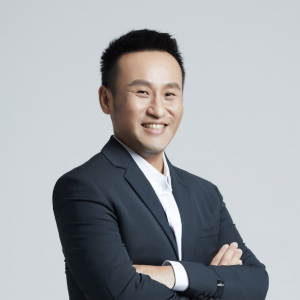2025 marks the tenth anniversary of founding Cherubic Ventures. When I first stepped into early-stage investing, I believed that success hinged on discovering the smartest “idea.” I spent countless hours studying products and technologies, convinced that with enough data, I could find the right answer.
But over the years, I’ve watched countless founders, and almost none of their original ideas grew up unchanged. Some pivoted from consumer to enterprise markets, some rebuilt their products from scratch, and some only found a breakthrough path at the edge of giving up.
My first lesson: ideas are never the ultimate key to success.
An idea is more like a window—revealing a founder’s worldview and thought process. Why this market? Why now? Most importantly: what problem do they see, and how do they define it? Ideas are merely a starting point, constantly reshaped by the market. What truly matters is the founder’s insight into the world and how they ask questions—these determine the direction and quality of every adjustment. What’s worth investing in is not a “perfect answer,” but the unique way of thinking behind it.
Over the past decade, I’ve also come to realize that markets are far more powerful than I once imagined. Products can always be revised, but if the market is too small—or the timing too early—even the smartest solution may end in vain. Entrepreneurship is never a solo battle; it needs the push of a larger wave. Otherwise, it’s hard to go far. Many teams that seemed technically perfect still failed, often because the market wasn’t big enough or the rhythm was off.
Most importantly, what ultimately determines whether a company can endure is people. What brings most companies down isn’t the wrong direction—it’s founders who can’t fix mistakes or keep going when things get tough.
When faced with misjudgments, can a founder swallow their pride and admit fault? After repeated failures, can they still stand back up? Ideas can be adjusted, markets can be re-chosen—but the founder’s integrity is non-negotiable. In the end, those who succeed are not always the smartest, but those who are honest with themselves and refuse to give up.
I once believed investing was a science. After ten years, I’ve learned it is much more an act of trust. The future cannot be predicted, and data is never complete.The biggest lesson I’ve learned in this decade is to keep faith when things are uncertain, to look beyond the moment, and to see the future with a longer perspective.

